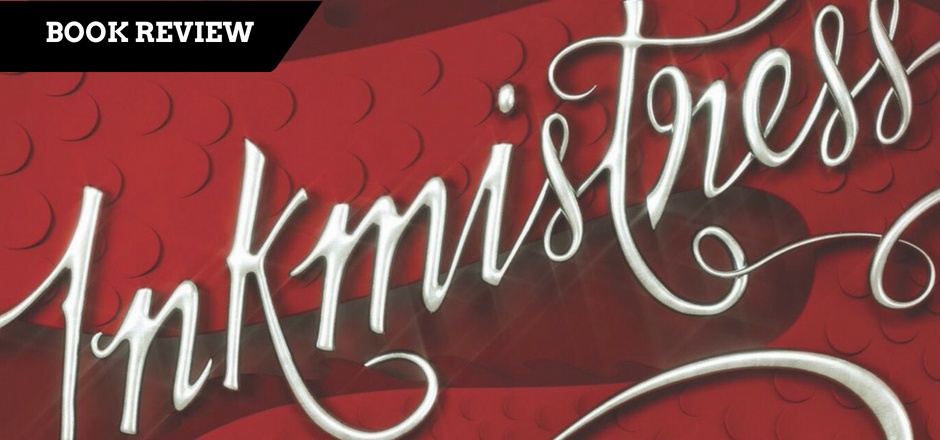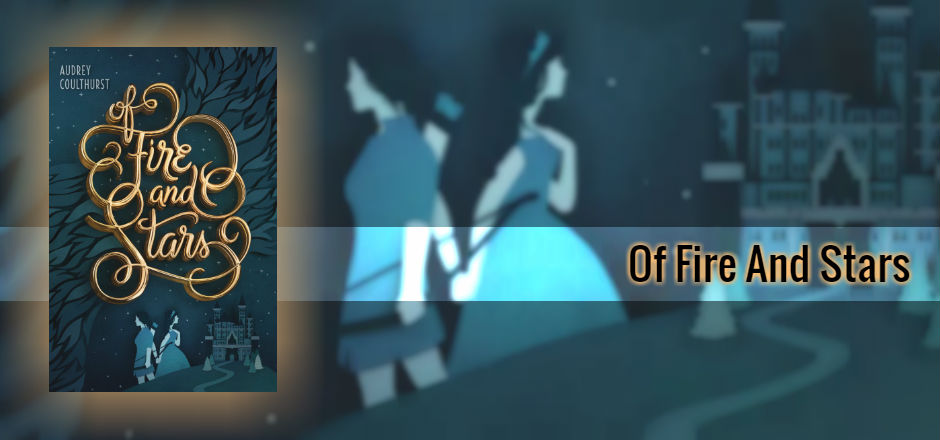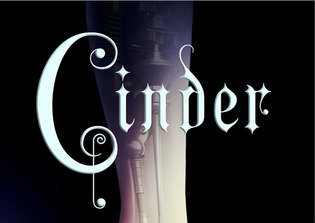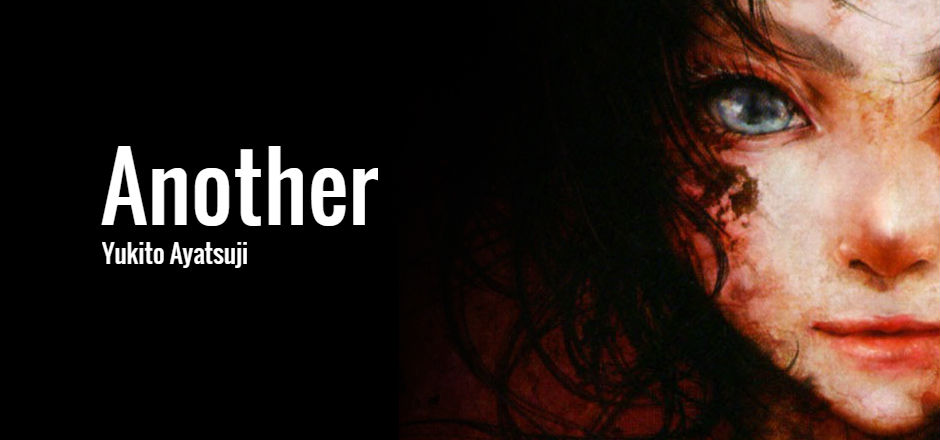Asra is as demigod with a dangerous gift: the ability to shape the future by writing about it with her blood. To keep this power secret, she lives alone on a remote mountain, lonely but content to act as a healer to the village at the base of the mountains and spend time with Ina, the mortal village girl she fiercely loves.
But when the village is threatened by bandits, Ina begs Asra to help her bond with a manifest—the animal she’ll be able to change into when she completes her rite of passage into adulthood—so she can protect her home. Asra uses her blood magic, but the spell goes horribly wrong and the bandits attack anyway, slaughtering everyone Ina loves.
Without knowing Asra’s magic is responsible, Ina swears revenge on the king and takes a savage dragon as her manifest. But murdering the king has greater implications, and now Asra must journey across the country to stop Ina, becoming a player in a deadly struggle for power while learning the dark secrets of her own magic.
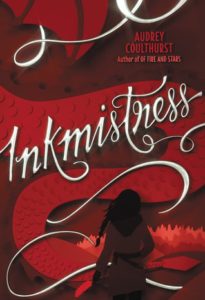 Inkmistress is Audrey Coulthurst’s sophomore novel, set in the same universe as her debut young adult fantasy Of Fire and Stars. The events in Inkmistress take place before Of Fire and Stars chronologically, with an ending that hints that the two stories will eventually (hopefully?) be linked in the next novel. However, the book can easily be read without having read its predecessor.
Inkmistress is Audrey Coulthurst’s sophomore novel, set in the same universe as her debut young adult fantasy Of Fire and Stars. The events in Inkmistress take place before Of Fire and Stars chronologically, with an ending that hints that the two stories will eventually (hopefully?) be linked in the next novel. However, the book can easily be read without having read its predecessor.
Those of you who follow me on Twitter or regularly read my reviews will know that I loved Of Fire and Stars. The plot, the characters, the smooches, the magic, the horses, the humor, the smooches—I was so happy to see a mainstream publication of a story about two princesses who fall in love (WITH A HAPPY ENDING) that it brought literal tears to my eyes, and it will forever hold a special place in my heart.
So if you guessed that I also loved Inkmistress, you’d be right—but I didn’t love it for the same reasons. Despite taking place in the same universe, the books are really nothing alike.
I hate to compare the two novels, because they’re very different and strong in their own ways, but if I had to I’d say that overall Inkmistress is a lot richer, from the words on the page to the plot that they create. The writing is deep and lyrical, the narrative complex and sometimes morally gray, the characters realistically flawed, and the emotional journeys they take just as long and rough as their physical ones. It’s easy to see how much Coulthurst has grown as a writer in this novel, and it’s because of that growth that Asra’s story is one that’s hard to shake even after you’ve turned the last page.
Those who criticized Of Fire and Stars for being a little light on the worldbuilding (especially when it came to the magic side of things) will be happy to hear that the worldbuilding in Inkmistress kicks ass. In this land, they have a long history, a complicated relationship with magic and gods, demigods who inherit the traits and gifts of their god parent, hidden secrets about manifests, and more—all of which ends up on the page. This information is revealed and woven into the plot throughout the novel, and the reader’s understanding of it folds as Asra’s does. How this country and its culture interacts with magic is totally different than the kingdoms in Of Fire and Stars, giving the universe these books take place in feel more authentic on a global scale.
The beginning of the book almost feels like a cautionary fairytale. Asra knows using her power can have dire consequences but ignores common sense in the name of love—so of course it backfires. Despite this, I loved Asra. Her loneliness saturates the page, and even though she’s naïve and desperate it’s really hard to blame her for trying to please the girl who pursued her and reciprocated her affection. I loved their romance at the beginning (which—spoiler—is short-lived). With that said, I ended up hating Ina, but loving her as a villain. There’s some really messed up twists that come Asra’s way, making this book much darker and definitely more mature than Of Fire and Stars.
Ina aside, there is romance that happens in this book. Asra is bisexual, and the representation in this book is so. Good. It’s easily explained in the first few pages that Asra is attracted to men and women and on her journey to save/stop evil Ina, she falls for a boy. The relationship they develop over the course of the journey is careful and tender, based as much on friendship as it is physical attraction. It’s hard enough as it is to find LGBT fantasy, but LGBT fantasy with a bisexual character with romance as a driving plot point? There are very, very few out there (and if you have any favorites, please comment on this review and share them!), making this book just as important to YA as it is a good read.
So if you liked Of Fire and Stars, pick up this book. If you haven’t read Of Fire and Stars but like fantasy, pick up this book. If you want to see more LGBT characters in YA fantasy, DEFINITELY pick up this book. It’s one of my favorites for 2018!
5 out of 5 stars
Goodreads | Indiebound | Kobo
This review contains affiliate links. While Girls in Capes does make revenue from purchases made at affiliate links, reviews are not paid, and all reviews contain the staff writers’ honest opinions of the work.
[coffee]
